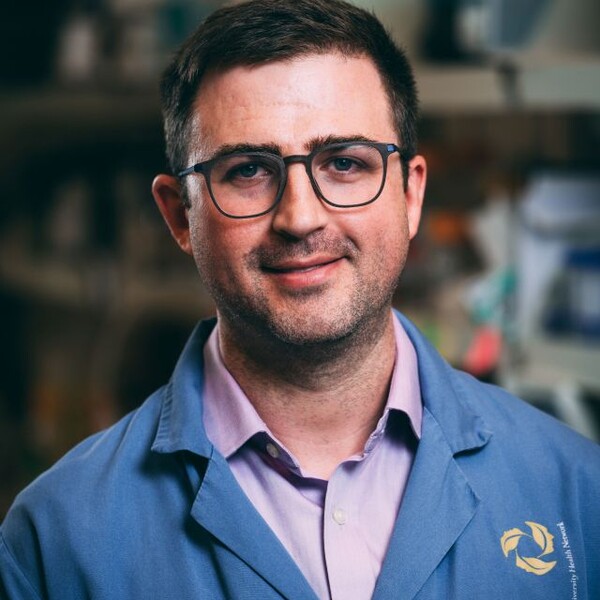Shane Harding
PhD

At A Glance
- Our research is focused on how the DNA damage response impacts cellular signaling and physiology
- We explore how sensing and signaling from DNA double strand breaks changes chromatin structure, transcription and genome organization
- We study how DNA damage from cancer treatments like radiotherapy induces inflammatory signaling and the impact this has on immunotherapies like immune checkpoint blockade
- Our work involves extensive collaboration with other scientists and clinicians
Short Bio
Shane Harding is a Scientist at the Princess Margaret Cancer Centre, University Health Network, and Associate Professor in the Department of Medical Biophysics at the University of Toronto. Dr. Harding earned his PhD in Medical Biophysics in the lab of Robert Bristow at the University of Toronto. He then went on to a Postdoctoral Fellowship at the University of Pennsylvania in the lab of Roger Greenberg. Dr. Harding opened his own Toronto laboratory in 2018.
Research Synopsis
DNA damage occurs as a consequence of normal cellular processes and from environmental exposures. Cellular changes that result from this damage contribute to the normal aging process and to the development of diseases, most notably cancer. To counteract this damage cells have signaling pathways that sense and repair these lesions. On the other hand, treatments for cancer such as radiotherapy and some chemotherapeutics rely on delivering large amounts of DNA damage that overwhelm the cell and cause cell death. The major goals in the laboratory are to understand the contribution of DNA damage and its cellular signaling to pathogenesis, and to develop more effective methods for treating cancer.
The lab is particularly focused on how the DNA damage response interacts with ongoing cellular processes, such as transcription. Using a combination of biochemistry, molecular biology, and genetic methods we are exploring how the DNA damage response elicits changes in cellular physiology and genome organization that occur during cancer development and therapy. We are also focused on how radiotherapy can initiate cellular signaling paradigms that influence patient responses to immunotherapy. In collaboration with our clinical colleagues.
